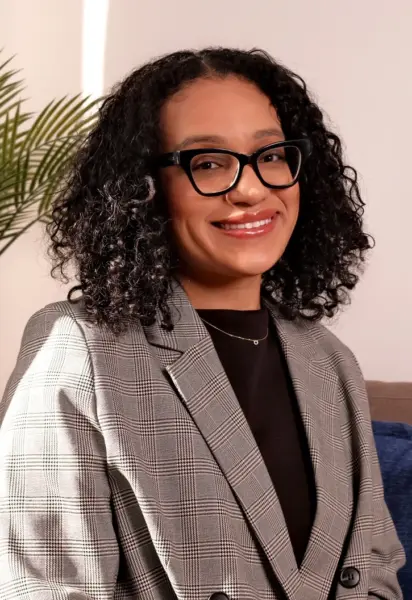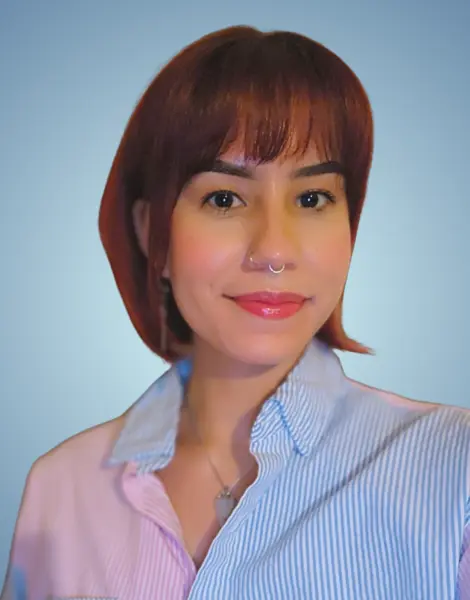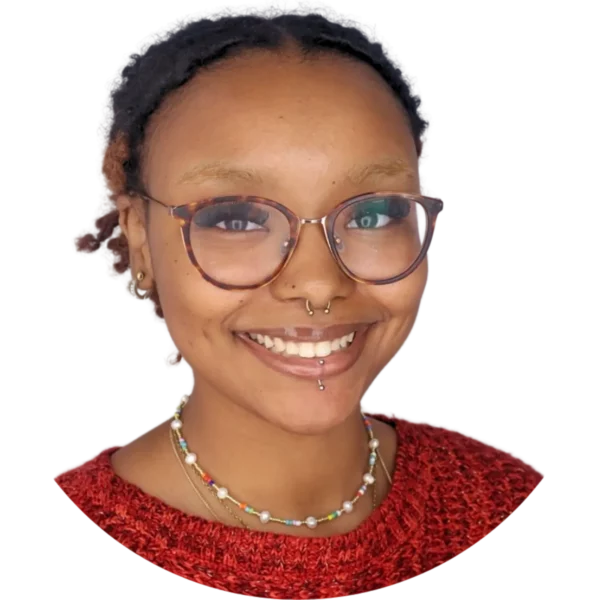Post-Divorce Life:
Understanding & Healing Grief
Transitioning to post-divorce life often brings unexpected emotional challenges, a change that many find themselves unprepared for. This phase typically begins once the dust of legal battles has settled, and the reality of the divorce and its consequences sinks in. It’s a time when one might expect to feel a sense of relief or newfound freedom, but instead, a wave of sadness and grief often takes hold. This emotional response is a natural aspect of healing and moving forward in your post-divorce life.
The Post-Divorce Grief Process
Divorce is recognized as a major cause of grief, comparable to the loss of a loved one or a cherished pet. It often involves multiple losses – a partner, a friend, a home. According to the Holmes-Rahe Stress Scale, divorce ranks high among life’s most stressful events. Feeling overwhelmed or saddened by these changes is not a sign of weakness but a normal reaction to significant life changes.
Mourning the Loss of Dreams & Plans
Often, the grief experienced in divorce is not just about the loss of the relationship, but the shattering of dreams and plans made together. Recognizing this loss is crucial in the healing process, allowing one to eventually make way for new dreams and aspirations.
Letting Go of Past Love & Anger
Divorce often involves a mix of legal, financial, and emotional processes. While anger can be a necessary emotion to initiate separation, lingering on it can hinder healing. Acknowledging the love that once existed and accepting its end is a challenging but necessary step towards closure.
Rebuilding Friendships & Social Circles
Divorce can significantly alter one’s social circle. This period can be an opportunity to connect with people who align more closely with one’s current life phase. It’s a time to grieve lost relationships but also to embrace the potential for new connections.
Challenging Common Misconceptions
There are several misconceptions about post-divorce grief that can hinder the healing process. One such belief is that grief should subside within 6 to 12 months post-divorce. However, healing is not bound by a strict timeline. Another common fallacy is assuming that the person who initiated the divorce should feel happy and relieved, rather than experiencing grief. This overlooks the complexity of human emotions and the unique circumstances of each divorce.

Seeking Support & Embracing Happiness Post-Divorce
It’s important to seek and accept help during this grieving process. This support can come from various sources, including friends, therapy, or support groups. Happiness is still attainable after divorce.
Post-divorce life involves not only saying goodbye to a partner but also to one’s former self. It’s a time for self-reflection, understanding the depth of one’s loss, and cultivating self-respect. This process paves the way for creating new traditions, rituals, and a new sense of self.
In conclusion, navigating the emotional terrain of life after divorce requires patience, understanding, and support. By acknowledging and processing grief, one can gradually heal and open up to the possibilities of a renewed life, filled with new dreams and opportunities.
FAQ's about Online Therapy at Mind by Design NJ
Where are you located? I need a therapist near me
We are fully online, which means that your therapy sessions will be help via video call on our HIPAA compliant Platform. Anyone in New Jersey can access our therapy services
How do I get started as a new client?
New Clients can reach out to us directly via call, text or email here:
Does my insurance cover my visits?
We provide”Courtesy Billing” for clients who are using the Out-of-network insurance benefits.
Our Insurance Page might answer your questions about your insurance information, cost and OON coverage.
What are out-of-network benefits?
Visits our FAQ About Insurance to learn more about OON coverage for mental health services. We can also check your benefits for you. When using OON benefits, patients typically pay the full cost of the treatment upfront and then file a claim with their insurance company for reimbursement.
Is Online Therapy As Effective As In-Person Therapy?
Online therapy is essentially face-to-face counseling, just conducted remotely. Studies show that tele-therapy is as effective as traditional counseling. Professional organizations and state governments recognize its benefits and have set regulations for it. However, like any therapy, its success in achieving your goals isn’t guaranteed. It’s important to discuss with your therapist whether tele-therapy is working for you.
How Should I Prepare for My First Session?
Showing up is all that you need to do! But if you really want to get the most out of session, it could help to take some time to think about what you want from therapy. It helps to write down your goals, questions you have or things that you feel are important to share.
Do you offer traditional talk therapy?
of course! though we have some unconventional therapy approaches, we are rooted in evidenced based practices. Talk therapy is a major player in the therapy room! See What we Treat and Integrative Services for more information
Is Virtual Counseling Suitable for Everyone?
Online therapy might not be as effective for individuals with chronic suicidal thoughts, severe trauma, significant mental health history, or those recently in intensive care. Such cases often benefit more from traditional, in-person counseling. We’ll help you decide if our online services are right for you during your intake and evaluation.
Can I Change Therapists If I'm Not Happy?
Yes, you can switch therapists to another provider within the practice, or we can provide you a referral if preferred. We want to ensure that your time and effort are well spent, and that you are getting the relief you need, that’s why we work collaboratively with each other in the practice, as well as outside therapists who we know and trust.
How Do I Know If Therapy Is Helping?
You should feel like you’re making progress. Signs it’s working include:
- Feeling comfortable talking to your therapist
- Your therapist respects boundaries
- You’re moving towards your goals
- You feel listened to
You’re doing better in life - Your self-esteem is getting better
What is your cancellation policy?
We ask that clients provide at least 24 hours notice in the event that they need to cancel to avoid the 50% cancellation fee. we understand that life happens and do our best to be flexible & reschedule.
What Geographic Areas Are Served?
Currently, we serve clients in New Jersey and are expanding to other states as telehealth laws evolve. While telehealth offers the convenience of attending sessions from anywhere, state laws require clients to be in-state during their session.
Is Online Therapy Easy to Use for Non-Tech-Savvy People?
Yes, it’s pretty simple to access sessions. You’ll need basic internet skills, such as opening and visiting the patient link sent to you via email. It’s similar to video chatting like Facetime or Zoom. We can also walk you through it on the phone the first time to ensure a strong connection
What Questions Should I Ask My New Therapist?
Feel free to ask anything. Some good questions are:
- How often will we meet?
- What do you specialize in?
- What experience do you have with my issue?
- What outcomes can I expect?
- How will I know I’m progressing?
- How long do you usually work with clients?
- How will we set my treatment goals?
What is the difference between associate therapists & fully licensed therapists?
Our Qualifications:
Our founder, Rebecca Sidoti, is a highly qualified, state-licensed therapist and supervisor with extensive training in anxiety related disorders and innovative treatment such as Ketamine Therapy. Mind by Design Counseling adheres to standards set by the our governing counseling boards.
To see each providers credentials, training and licenses, visit our “Meet the Therapists” Page to learn more.
- LAC/LSW are therapists who may practice clinical work under the supervision of a fully licensed therapist.
- LPC/LCSW are therapists who have completed the necessary clinical hours post-graduation under supervision and can practice clinical work independently.






